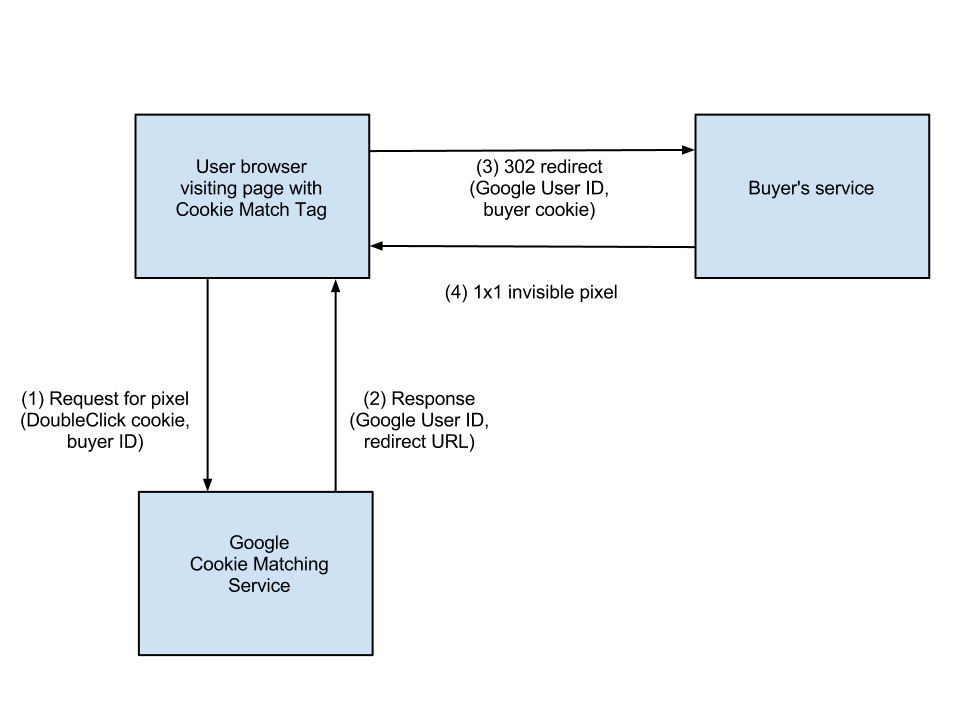Google Accused Of ‘Cookie Matching,’ Common Industry Practice

Google has been accused of using a tracker containing web-browsing information, location and other data, and then sending the data to advertising companies through web pages that did not show content. Some believe this is not a new complaint, but rather additional evidence filed in support of an event that occurred in September 2018.
The “evidence” was sent to Ireland’s Data Protection Commission by Johnny Ryan, chief policy officer at browser company Brave, which focuses on privacy.
The technology allows companies buying ads to match a user’s Google profile and web activity to profiles from other companies, according to the report from the Financial Times.
Some experts, including a page on Google’s developer website, say the process described by Ryan could be “cookie matching” — and industry practice of matching ads across multiple sites based on a user’s browsing history.
“We do not serve personalized ads or send bid requests to bidders without user consent,” wrote a Google spokesperson in an email to Search Insider. “The Irish DPC, as Google’s lead DPA, and the UK ICO are already looking into real time bidding in order to assess its compliance with GDPR. We welcome that work and are co-operating in full.”
Since it is an industry standard, Google has been pretty open about cookie matching, which the company explains on its website.
The biggest issue involves the inability of some users to understand the process or to even know it exists.
Google notes in its guidelines that the company does not accept any user information provided by the buyer, such as the cookie and user demographics. It prohibits multiple buyers from joining their match tables.
The cookie-matching service does not expose Google’s Ad Manager cookie, and the process of the match table is to allow ad buyers to use the information they own about the user in transacting with Google.
The use of cookie matching for the purpose of data harvesting is strictly prohibited by the authorized buyers contract and policies.
(35)